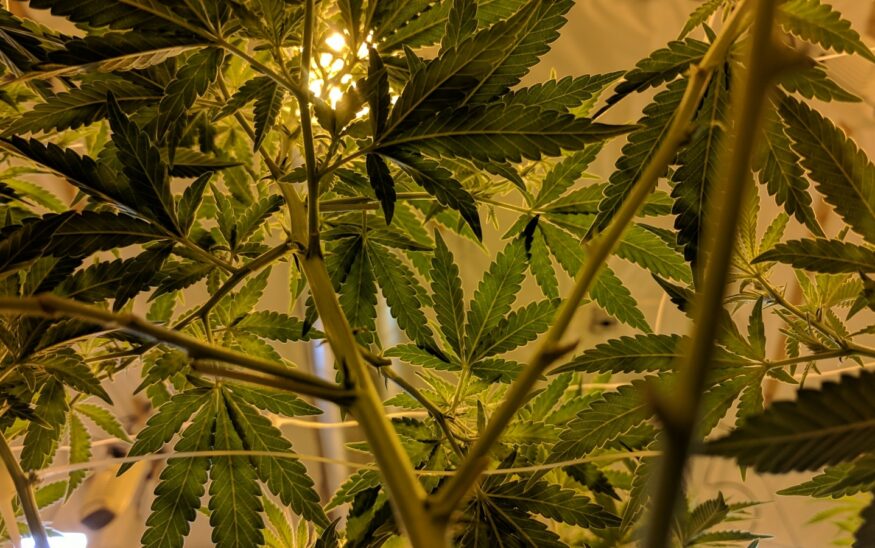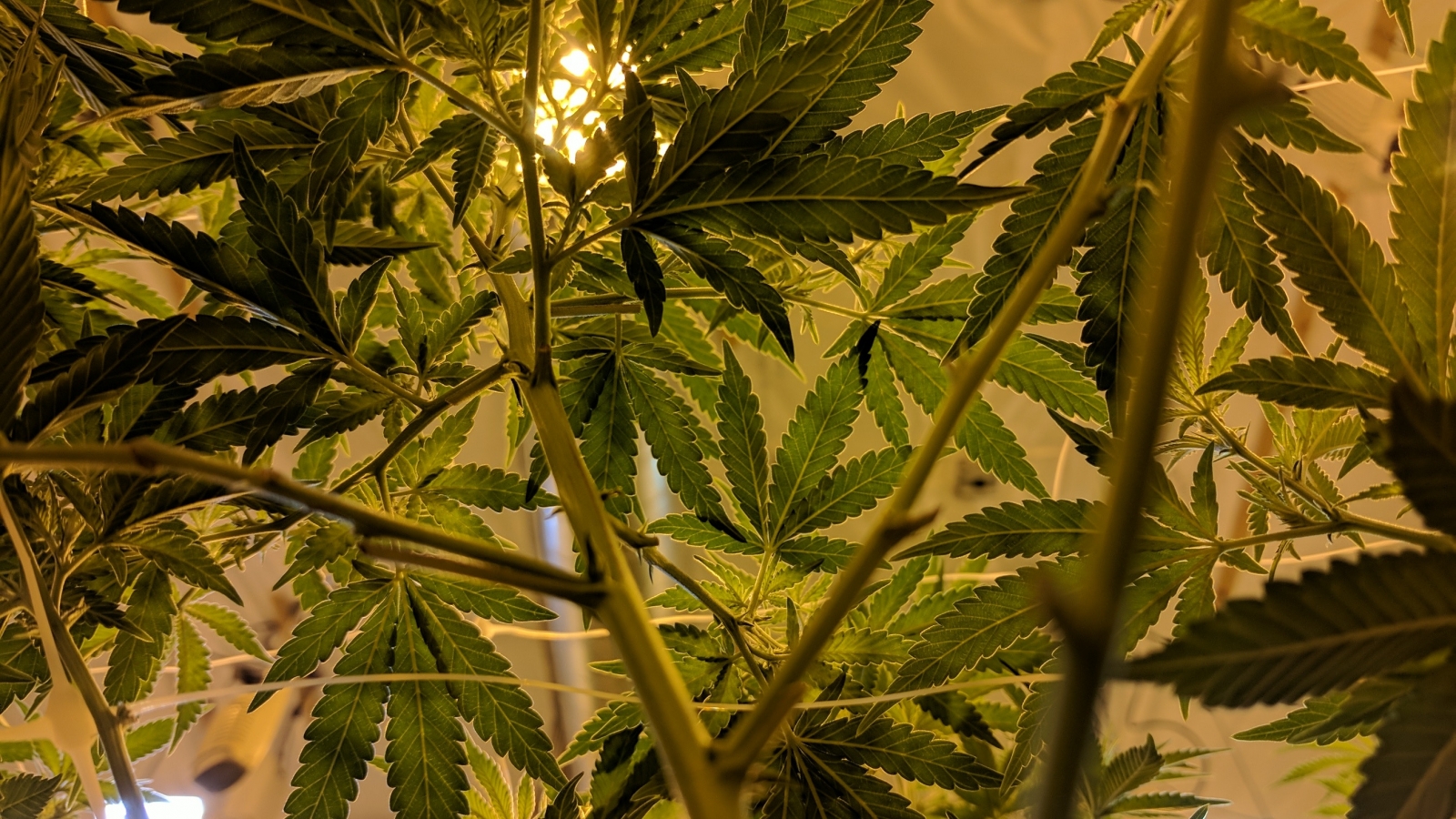Does Anything Change if Trump Backs Pot?
How does this affect real estate in Colorado?
Glen Weinberg //May 2, 2018//


Does Anything Change if Trump Backs Pot?
How does this affect real estate in Colorado?
Glen Weinberg //May 2, 2018//

President Donald Trump reportedly supports Colorado Sen. Cory Gardner, promising to back legislation that "protects states' rights" on legal marijuana. The president's decision would represent a split from U.S. Attorney Gen. Jeff Sessions, who, in January, rescinded an Obama-era policy known as the Cole memo, that gave states more leeway over the federal government on marijuana policy.
The cannabis industry praises the announcement; but is this really a big deal?
NOTHING HAS CHANGED
Hold the champagne toasts – Trump's statement doesn't change a thing. Cannabis is still not legal under federal law. The president's memo merely stated what is already occurring in a number of states. Since cannabis is still considered a controlled substance, banking and capital remain limited. Trump's statement does little to nothing to solve the legalization issues at the federal level.
THE MARIJUANA PROBLEM: A BIGGER ISSUE DECIMATING THE INDUSTRY
In the cannabis industry, there is considerable noise on both sides of the debate.
Once you factor out the noise, the bigger issue becomes apparent: Economics.
Supply and demand are out of sync. According to Marijuana Business Daily, Oregon's cannabis market has been decimated due to the annualized price drops exceeding 50 percent in the last two years.
This is not unique to Oregon.
Colorado's wholesale prices have dropped precipitously as well. As a result, half of the current business owners will be out of business as prices continue to drop before stabilizing.
WINNERS + LOSERS
It is important to recall that cannabis is an agricultural commodity that grows easily – It's called weed after all. Watch what's happened to hemp:
"From a botanists' point of view, it's the same genus and species as marijuana," says Duane Sinning, the director of planned industries for the Colorado Department of Agriculture. "The difference is the chemical make-up inside the plant."
Hemp has grown from 1,400 acres in 2014 to more than 17,000 acres in 2017. If hemp can expand this quickly in a semi-arid state such as Colorado, imagine what happens when cannabis is eventually treated like the agricultural product it is.
You guessed it: Supply will balloon and prices will free fall until finally stabilizing at a point well below where they are now.
WHAT DOES THIS MEAN FOR REAL ESTATE?
Substantial money has been put into cannabis real estate. When the industry first came out of the gate, people exclusively grew legally in commercial properties in cities that passed laws to allow grow operations.
As such, Denver became a leading area for growing in Colorado, and remains one of the primary producers of cannabis for the state.
To grow indoors, producers spent millions retrofitting commercial buildings to handle the demands of growing plants in warehouses. For instance, lighting had to be provided, as well as water, ventilation, precision heating and cooling, etc. These upgrades were expensive to build out. Furthermore, the cost to operate these facilities is high due to rents in the metro area, electricity, water, taxes and more. All these expenses must be passed to consumers.
As prices dropped and cannabis became more mainstream, grow operations began to transition from industrial buildings in the city core to greenhouses and outdoor grows in more rural areas. In Colorado, many producers have migrated a few hours south of the metro areas for greenhouse growing, cheap land and low property taxes.
INDOOR GROWS IN METRO AREAS DON'T WORK DUE TO COSTS
With prices dropping rapidly due to excess supply, the majority of indoor grows in Denver and other metropolitan areas will no longer be viable. A producer can't pay high rent prices when they can grow outside of a metro area for considerably less.
As prices continue to drop, cannabis real estate will be severely impacted. General purpose real estate will be okay, but worth substantially less than today. A general purpose tenant will not be able to pay $30 per foot to lease a space; they might be able to pay half that, which will translate to lower rents and lower building values.
The real pain will be felt in special purpose class C/D properties with low ceiling heights. These buildings will be difficult to repurpose and might be valued just for the land value depending on the area. Someone is going to take a haircut on these properties from the borrowers to the lenders.
THE TRANSITION BEGINS
Just like the gold rush, the first movers did well; each subsequent miner did a little worse than the previous miners until there was a correction. Many got out of mining and over time this brought supply in line with demand. The cannabis industry is beginning the correction phase now. The pain is just starting and will get worse. There will be far reaching impacts throughout the industry, including real estate. Just like in the gold rush, the strongest players – the most well capitalized – survived, while many others did not make it through the economic correction.
Are you ready for the busy of the American cannabis rush?

























